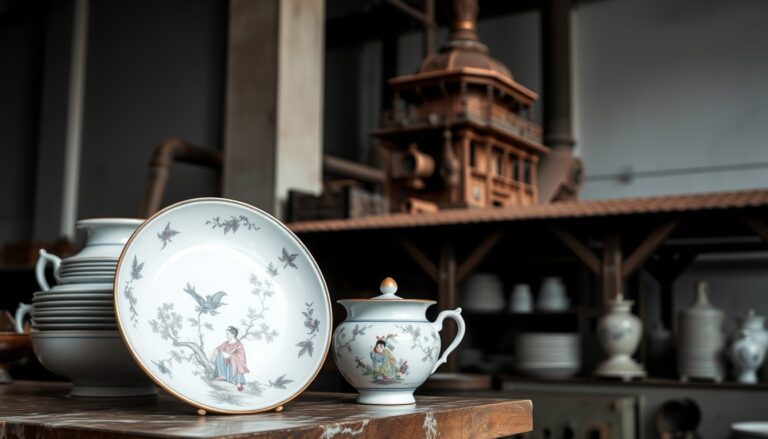Porcelain is a high-quality ceramic material known for its smooth, glossy surface and vibrant colors. When you think of porcelain, images of fine dinnerware, delicate figurines, and intricately designed tiles may come to mind. Used for centuries, this versatile material has a rich history and various applications that you can appreciate in everyday life.
Knowing how porcelain is made is imperative to understanding it better. Typically, porcelain is crafted from kaolin, feldspar, and quartz. These ingredients undergo a specific firing process at high temperatures, usually between 1200°C and 1400°C. The result is a durable, non-porous material that can withstand wear and tear, making it ideal for various uses. If you have ever held a piece of porcelain, you may have noticed its lightweight yet sturdy quality, distinguishing it from other ceramics.
One of the primary characteristics that set porcelain apart is its transparency. When you hold porcelain up to the light, you may observe a milkiness or a soft glow that reveals its delicate nature. This aesthetic quality is why porcelain is often favored for fine dinnerware and decorative items. You might find exquisite porcelain plates or teacups in your home, each reflecting an art form that has been refined over centuries. This clarity is achieved through the high firing temperatures that allow the materials to vitrify or turn glass-like, giving you a product that is not only beautiful but also practical.
When discussing porcelain, it’s also vital to understand the two primary types: hard-paste and soft-paste porcelain. Hard-paste porcelain is made from the traditional blend and fired at high temperatures, resulting in greater strength and durability. Soft-paste porcelain, on the other hand, often incorporates additional materials to lower the firing temperature, producing a more delicate, less durable product. Depending on your needs—for everyday use or as a collector’s item—each type offers unique advantages when choosing your porcelain pieces.
In addition to its aesthetic appeal, porcelain is highly functional. It is resistant to stains, making it easy to clean and maintain. You can safely use porcelain in the microwave and dishwasher, a huge plus for your busy lifestyle. Moreover, its ability to retain heat means that porcelain serves as a decorative item and a practical choice for serving food. You can serve hot dishes in your porcelain cookware, enhancing your dining experience.
Porcelain has also been easily transformed into other forms, such as tiles and sanitary ware, expanding its uses even further. Whether you’re looking to remodel your kitchen with porcelain tiles or considering new fixtures for your bathroom, porcelain’s versatility makes it an exceptional choice for various environments.
First, porcelain is an exquisite and functional ceramic material significant in history and modern life. From elegant dishes that elevate your dining experience to tiles that enhance your home’s aesthetic, porcelain adds value and sophistication to your lifestyle. Knowing more about this remarkable material allows you to make informed choices about the porcelain products you bring into your life.
